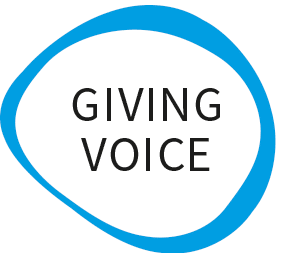FAQ
The active participation required in a drama lesson involves not only the intellect but also students’ imagination, curiosity and emotions. Drama is perfect for teaching students with differing learning styles as well as levels. It can make you feel you belong to a family. So, drama, done properly, gives students a space to celebrate their difference, a space where they are accepted, a space where they want to learn.
From personal experience, students need a safe environment in which to explore the themes that occupy and shape their everyday lives. The feedback we have received has been overwhelmingly positive. Some teachers have even noticed an improvement in behaviour and motivation.
The education system, perhaps necessarily, is built on testing and cerebral learning. This means we spend so little time on synchronising the hopes and aspirations of children with the importance of education. All this leaves children disconnected and lacking the enthusiasm to find out they matter.
Yes. The list of workshops provided are not single workshops but ideally a series on that particular aspect of English or theme.
